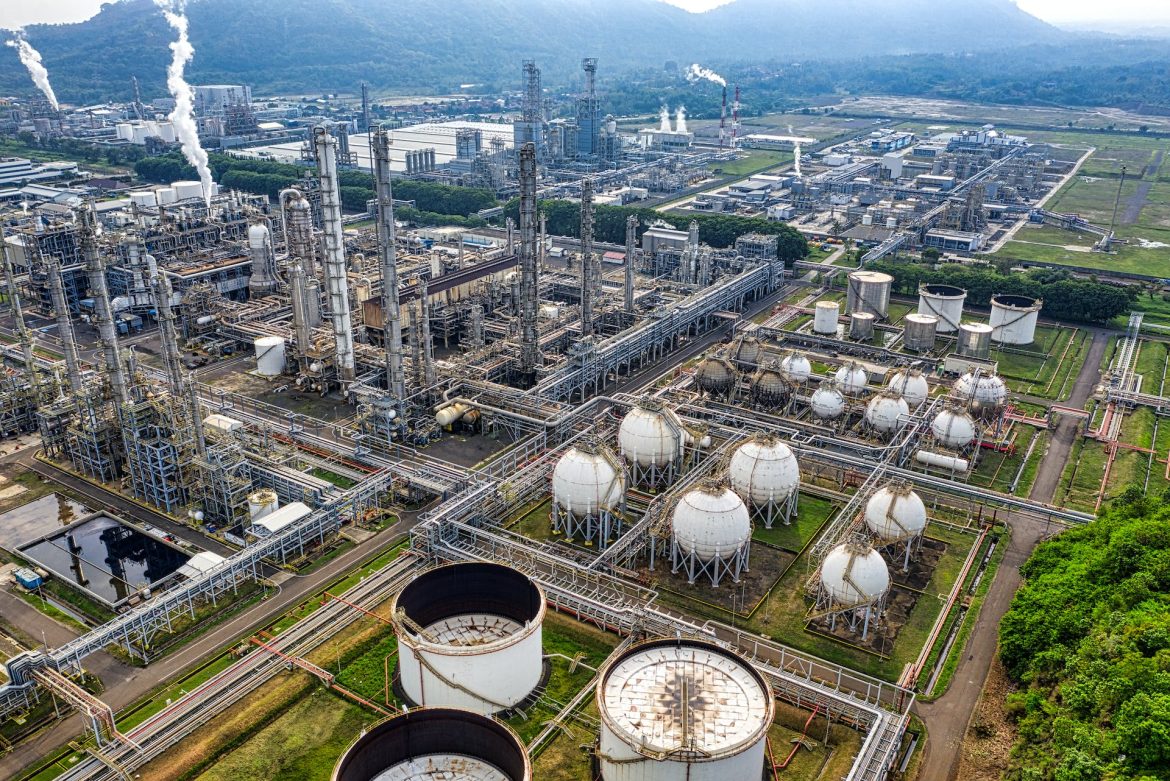Nigeria faces a critical investment need of $7.6 billion to ramp up its oil production to 2.1 million barrels per day (bpd) by 2025, up from the current 1.3 million bpd. AA Holdings’ Chairman, Dr. Austin Avuru, made the announcement during the 41st Nigeria Association of Petroleum Explorationists Annual Conference. He underscored the urgency of drilling 426 wells with about 45 rigs operational to revitalize the nation’s oil output.
Avuru highlighted the significance of this capital infusion for reinforcing Nigeria’s economic stability and its standing in the international oil arena. He questioned the country’s capability to expedite such a project, considering the need to almost double the current number of rigs.
The industry expert also pointed to a seismic shift in Nigeria’s energy landscape, where hydrocarbons could drop to 20 percent of the energy mix by 2060, with renewables rising sharply. On consumption, he projected a potential fall to 30 million barrels a day by 2050 in a severe scenario, or to about 55 million barrels in a more likely case.
Avuru warned of a dire need for fresh upstream investment to counteract the decline in existing production and maintain supply-demand equilibrium. He cited reduced investment in the oil and gas sector due to financial institutions’ growing hesitance as a core challenge.
He also underlined the strategic importance of maximizing non-LNG gas production, potentially adding three to four billion cubic feet to domestic supply. By 2030, the aim is for Nigeria to hit a production target of three million bpd.
James Makinde, General Manager of Gas Business at Seplat Energy PLC, contributed to the discourse, emphasizing a predicted shortfall of 3.1 billion cubic feet per day in gas supply by 2030. He underscored the pivotal role of the Decade of Gas initiative and the need for government intervention to attract private sector investment.
Makinde outlined that realizing the Decade of Gas would require a trio of strategic interventions: incentivizing investors with attractive returns, underpinning investments with crucial infrastructure, and bolstering investor confidence. He also mentioned that the initiative’s initial 10 projects promise significant economic uplift for Nigeria.
He concluded by urging the government to foster an environment that encourages robust private sector participation and to clarify regulatory ambiguities for the successful implementation of the Petroleum Industry Act.



